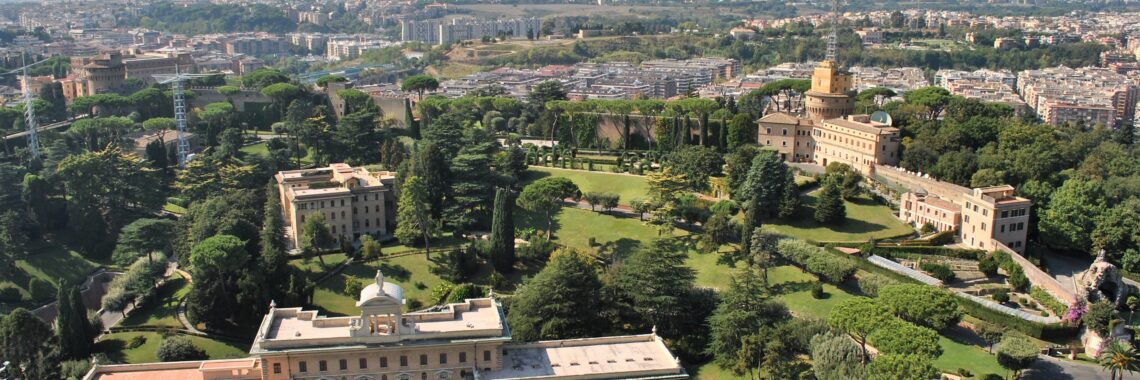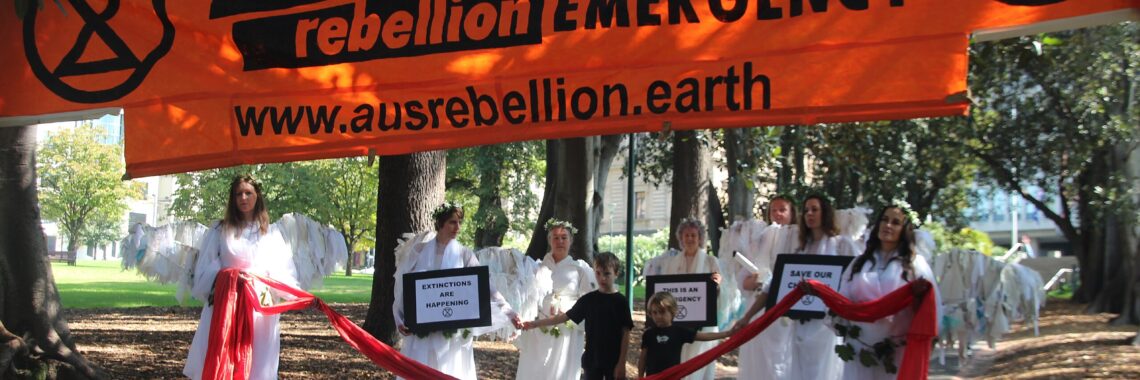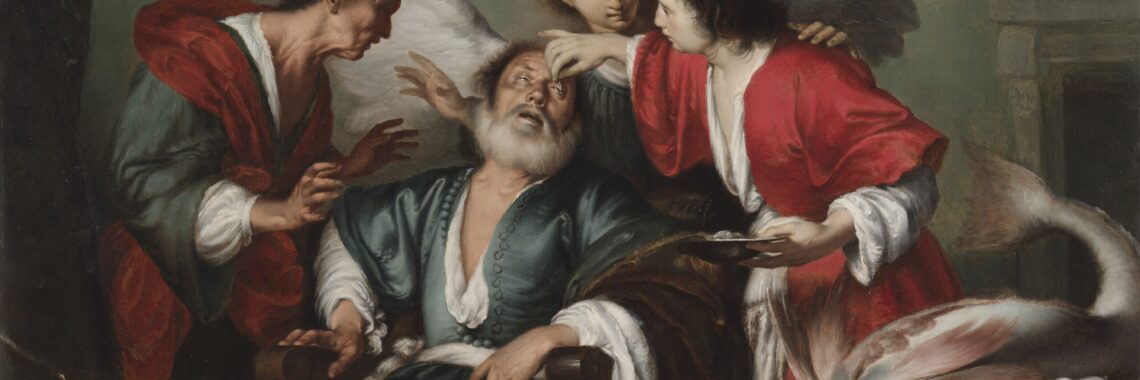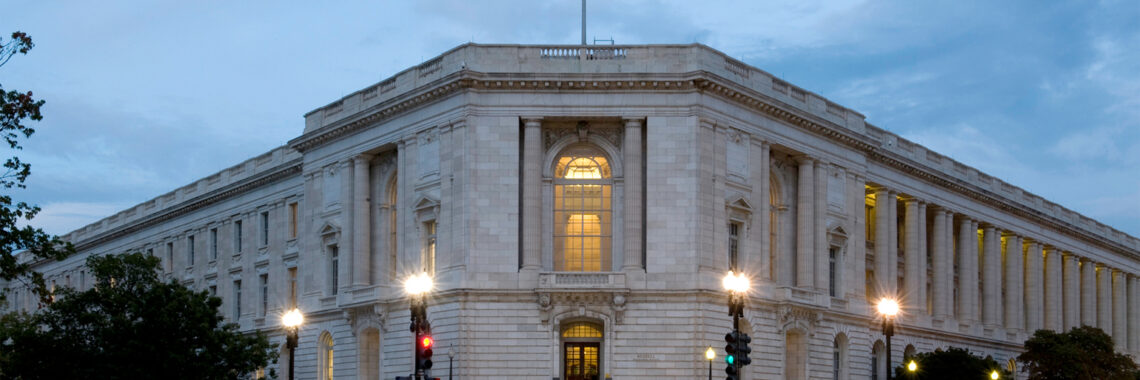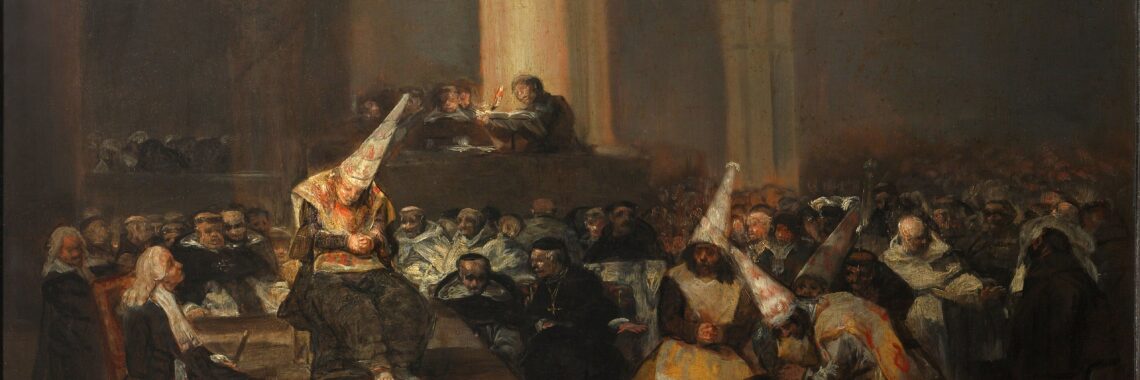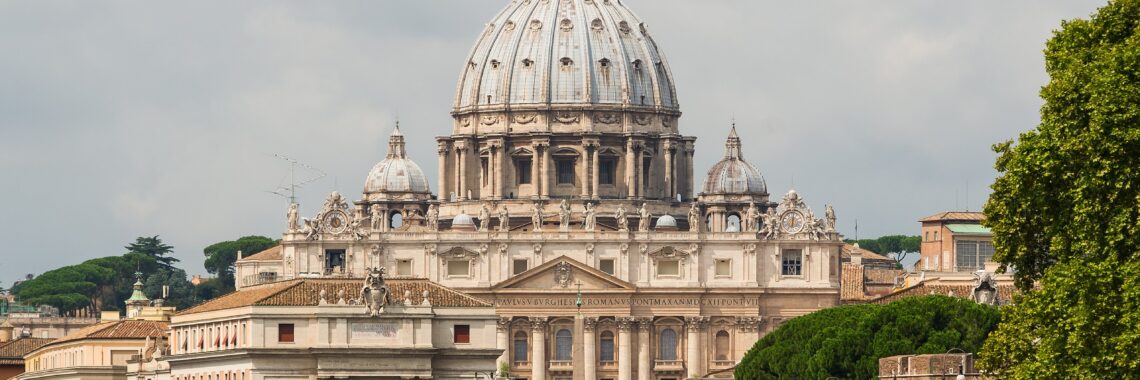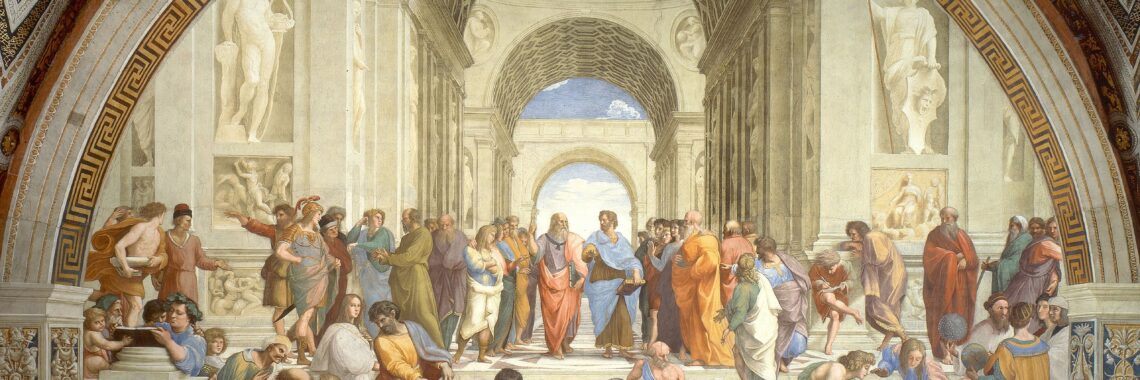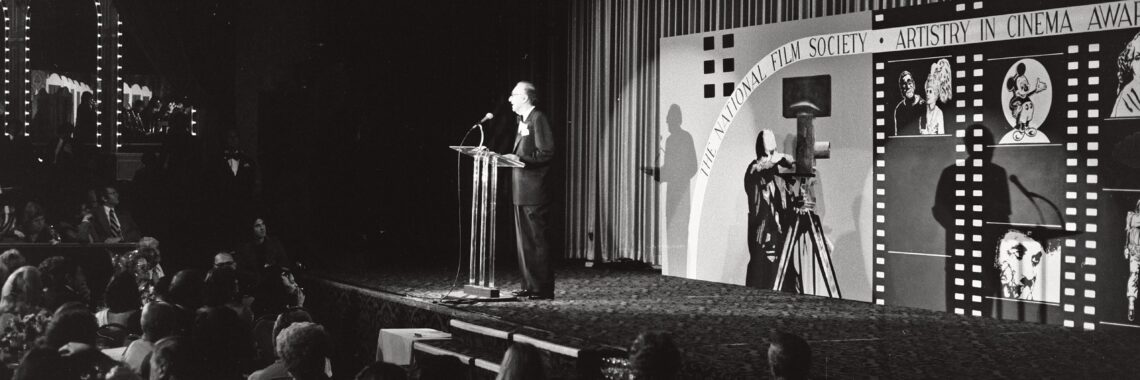“The Illusion of The Repugnant Client: Hindu Ethics in American Legal Practice” by Sai Santosh Kumar Kolluru
Hindu Temple in the United States via Wikimedia Commons (CC BY 4.0). Every Hindu-American lawyer at some point in their career is called to justify their decision to represent certain clients: How can one represent a client they find morally “repugnant” while walking the path of dharma in pursuit of the ultimate goal of human…



